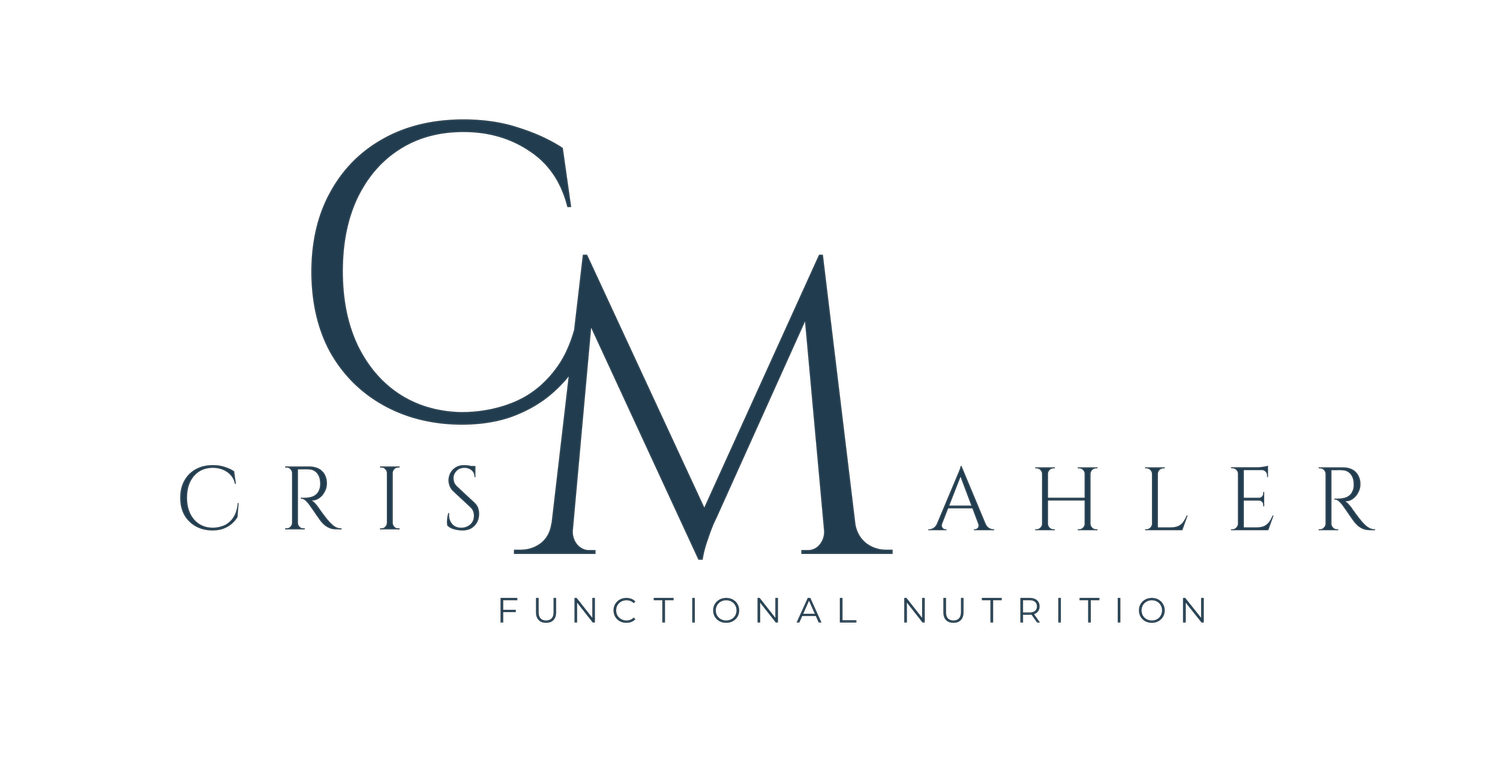The Microbiome: Your Inner Ecosystem and Why It Matters for Health
We often think of ourselves as entirely human but in reality, we’re walking ecosystems. Trillions of microscopic organisms live in and on our bodies, forming what’s called the microbiome. Far from being freeloaders, these bacteria, fungi, viruses, and other microbes play vital roles in our health. If you’ve ever had digestive issues, unexplained fatigue, skin problems, or mood, your microbiome might be part of the story.
What Is the Microbiome?
The term microbiome refers to the vast collection of microorganisms and their genetic material that live inside and on us, most of them in the gut. Your gut alone houses an estimated 100 trillion microbes, outnumbering your own human cells by about 10 to 1.
The gut is the microbiome’s headquarters, but you also have distinct microbiomes on your skin, in your mouth, lungs, and the vaginal tract. While each site has a distinct microbiota composition adapted to its environment and function, the gut microbiome is considered the most significant for maintaining overall health.
What Areas of Health Does It Affect?
The microbiome is deeply connected to multiple aspects of health. Microbiome research continuously highlight its important link to health and disease. The microbiome plays a crucial role in digestion, both nutrient production and absorption, immune function, metabolism as well as mood and mental health.
Digestion & Nutrient Absorption: Your microbiome helps break down fiber, produce vitamins (like B and K), and extract nutrients from food you couldn’t digest alone.
Immune System Regulation: Around 70% of your immune cells live in the gut. Beneficial microbes “train” your immune system to react appropriately, by attacking harmful invaders but not overreacting to harmless foods or your own cells.
Metabolism & Weight: Certain bacteria may influence how many calories you extract from food, how your body stores fat, and even your hunger hormones.
Brain & Mood (The Gut–Brain Axis): Gut microbes can produce neurotransmitters like serotonin and dopamine, and communicate with your brain via the vagus nerve. This means your microbiome can influence mood, anxiety, and even cognitive function.
Skin Health: A balanced gut microbiome supports skin through immune regulation and reduced inflammation. Imbalances can show up as acne, eczema, or rosacea.
Hormonal Balance: Some microbes help metabolize estrogen and other hormones, impacting menstrual health, menopause symptoms, and hormonal conditions.
What Can Go Wrong with the Microbiome?
When the balance between beneficial and harmful microbes shifts unfavourably, it’s called dysbiosis. This can happen due to:
Poor diet (low fiber, high sugar, ultra-processed foods, lack of diversity)
Antibiotics (can wipe out good and bad bacteria alike)
Chronic stress
Overuse of sanitizers/antibacterial products
Environmental toxins
Signs and Symptoms showing that Your Microbiome Might Be Out of Balance
Symptoms of dysbiosis can vary widely because the microbiome influences so many systems, but common ones may include:
Digestive issues: bloating, constipation, diarrhea, heartburn, food intolerances
Fatigue or “brain fog”
Mood & Mental Health: anxiety, depression, irritability
Frequent infections or poor immunity
Skin issues: acne, eczema, psoriasis, rashes
Hormonal symptoms: irregular cycles, dysregulated hormone balance
How to Support and Restore Your Microbiome
The microbiome responds to diet and lifestyle changes.
Eat the Rainbow: The microbiome thrives on diversity. Aim for 30 different plant foods a week—counting vegetables, fruits, whole grains, legumes, nuts, seeds, herbs, and spices.
Feed the Good Guys with prebiotics. Prebiotics are types of fibre that feed beneficial bacteria. They’re found in foods like onions, garlic, leeks, asparagus, jerusalem artichokes, legumes and pulses.
Add fermented food to your diet. Fermented food contain probiotics, live beneficial bacteria and yeast with beneficial health promoting effects. Examples of fermented foods include live yogurt, kefir, sauerkraut, kimchi, kombucha, tempeh, tofu and miso.
Reduce Ultra-Processed Foods: High sugar, refined carbs, and additives can feed less desirable bacteria and promote inflammation.
Manage Stress: Chronic stress can alter the gut environment. Mindfulness, yoga, breathwork, and adequate sleep can support a healthy microbiome.
Move Your Body: Regular physical activity supports healthy gut flora, even without dietary changes.
Limit Unnecessary Antibiotics: Take them only when prescribed and needed. Focus on repair with probiotics and prebiotics afterward.
Microbiome Testing
The most common and best researched type of microbiome analysis is stool testing. Stool testing offers a pathway to understanding potential roots causes of your symptoms. Microbiome testing analyses the composition of microorganisms (bacteria, fungi, and viruses) that are present in your gut. Tests aim to asses diversity, potential imbalance and the presence of pathogens. Stool testing can also measure inflammatory markers, digestive function and functional activity of microbes by measuring metabolites like the short chain fatty acids butyrate, acetate and proprionate which can have significant impact on overall health. These valuable insights can guide diet and lifestyle recommendations
The Bottom Line
The microbiome is essential for optimal health. It influences digestion, immunity, mood, hormones, metabolism, and more. When it’s balanced, it works quietly in your favour; when it’s disrupted, you feel it in surprising ways.
If you suspect that your symptoms are linked to microbiome dysbiosis, get in touch so we can discuss testing options that may help you understand the root cause of your symptoms.
